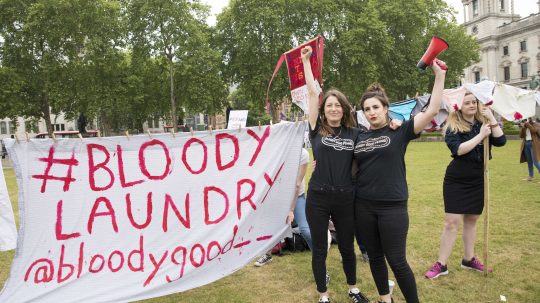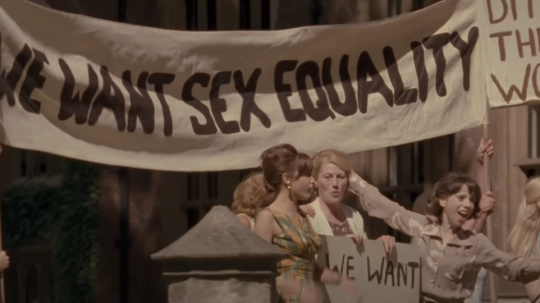Ocado workers at the corporation’s West London depot have voted to launch a campaign against their employer, with promises to escalate to protest and strike action if the company refuses to engage.
Workers are being represented by the Independent Workers’ Union of Great Britain (IWGB) after whistleblowers highlighted Ocado’s failures in outsourcing and low pay. Promising protests and strike action under the #ShameOnOcado banner, drivers for the company’s rapid delivery service, Ocado Zoom, hope to convince their employer to review its working practices.
The campaign follows public outcry over revelations that Ocado workers – who continued to work throughout the pandemic – are still seeing their opportunities for work outsourced and earning under £5 per hour. The majority of these workers are from minority ethnic groups and some are facing the threat of losing their jobs after whistleblowing on poverty pay and up to 70% pay cuts.
We are ready to fight until they get the pay, conditions and stability they deserve
Poor working practices and poverty pay both infringe on rights enshrined under the International Covenant on Economic, Social and Cultural Rights, ratified by the UK in 1976. They may also break the law on the National Minimum Wage.
The revelations showed that workers once guaranteed an hourly wage of £14 saw their income plunge after the company connected with a new delivery partner, Ryde, in June. Since the story broke in The Observer, over £1,000 has been donated to a strike fund. The local MP for Ealing Central and Acton, Rupa Huq, has backed the IWGB campaign.

Credit: Rowan Freeman / Unsplash
“I am forced to work six or seven days a week to support my family, but on less than £5 per hour I’m still struggling to pay my bills,” said Faizan Babar, a courier for Ocado. “We worked through lockdown even though I fall in a high-risk category. I have colleagues who got ill, lost their loved ones. If our hard work is worth the nation’s applause, it’s worth decent pay and fair conditions, and that is all we’re asking for, for us and for our families.”
Delivery drivers for Ocado have to pay for their own cars, tax, fuel and insurance, which is slashing their hourly rate to poverty wages. After the public outcry, Ocado announced its intention to end the use of third party courier companies in a blog post – which has since been deleted.
“Ocado is moving to switch from the notoriously exploitative gig economy model to an equally unethical outsourcing one based on zero-hour contracts,” said Alex Marshall, president of IWGB. “Ocado is misleading the public whilst continuing to exploit these key worker heroes. We are ready to fight until they get the pay, conditions and stability they deserve.”
The majority of Ocado Zoom workers have now voted to take part in strike action and the IWGB has confirmed that they will escalate their protest unless the company enters negotiations.

Credit: Brett Jordan / Unsplash
While workers have faced pay cuts of 50-70% since Ocado Zoom began outsourcing to Ryde, Ocado has increased its revenue by nearly £200m in the first half of 2021. CEO Tim Steiner saw a £58 million pay cheque in 2019.
“BLM UK strongly supports the under-paid and exploited Ocado drivers who are overwhelmingly Black and people of colour,” said Kwadwo Kyerewaa from Black Lives Matter UK. “Ocado’s racial hierarchy is clear to see: at the bottom, darker-skinned drivers must work more than ten hour shifts for insecure poverty pay topped up by food banks. While Ocado’s all-white leadership team has individuals getting paid over £1 million a week to ‘stay motivated’. This predatory practice must end. All Ocado workers should be respected and paid above the poverty line.”
In addition to raising awareness of pay concerns, the campaign is highlighting issues of health and safety and the impact of unfair, opaque processes for job distribution, shift allocations and terminations. Demands for reconciliation include trade union recognition, being brought in-house as workers, £16 per hour pay and appropriate health and safety protections.






